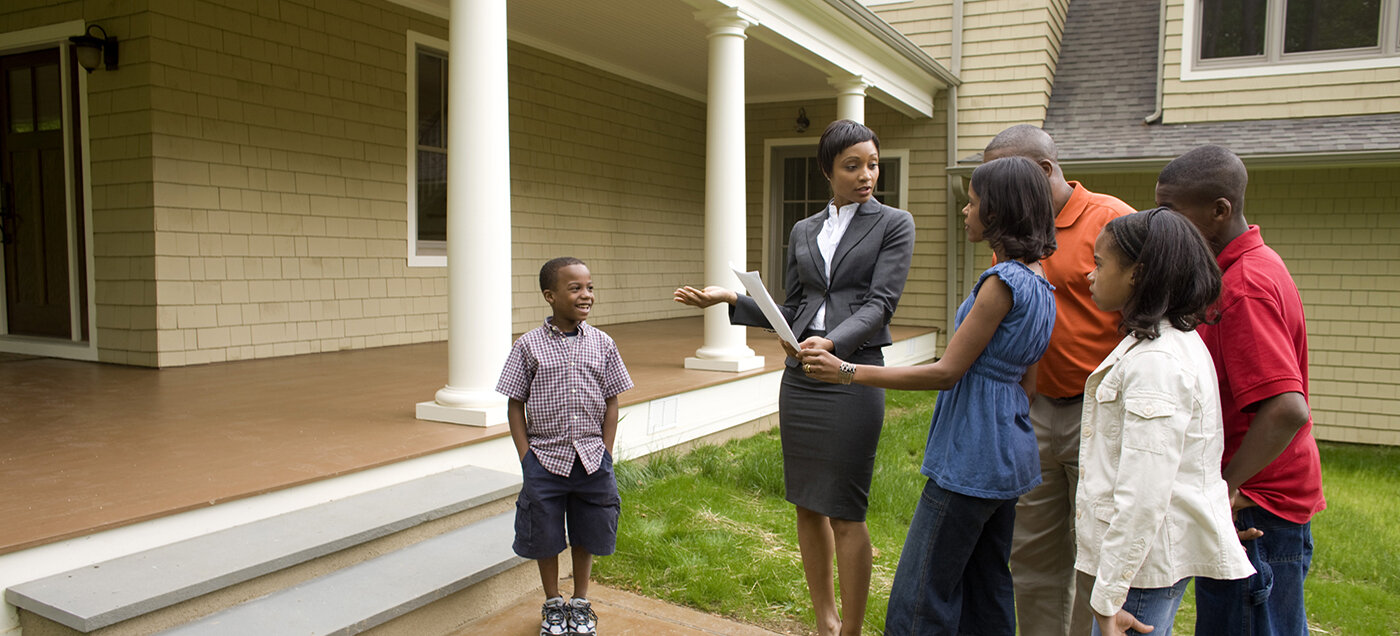R
edfin’s latest data shows that Black households own homes at a rate of 43.9% in Q2, the lowest since late 2021 and the steepest yearly drop since Q3 2021, falling from 45.3% a year earlier. Hispanic homeownership rose slightly to 48.8% from 48.5%, while non‑Hispanic white ownership slipped to 74% from 74.4%. Asian, Native Hawaiian and Pacific Islander households saw a modest decline to 62.1% from 62.8%.
Chief economist Daryl Fairweather attributes the decline to rising unemployment. “The recent wave of federal layoffs hit Black families hard because government jobs have historically been a ladder for upward mobility,” he said. “The dismantling of DEI programs in both public and private sectors may have reduced hiring and promotion opportunities for Black workers.”
July’s unemployment figures reflect this trend: Black workers hit 7.2%, the highest since October 2021, up from 6.3% a year earlier. Hispanic unemployment fell to 5% from 5.3%; white unemployment eased to 3.7% from 3.8%; Asian unemployment edged up to 3.9% from 3.7%. Black women’s joblessness rose to 6.3% from 5.5, while Black men’s rate increased to 7% from 6.6. A 2024 National Association of Realtors report notes that single women account for a third of Black homebuyers, compared with only 12% for single men.
Nationwide housing affordability pressures have eased as the average 30‑year fixed mortgage rate slipped below 6.5%, down from over 7% earlier in the year. “Families that feel excluded from the American dream can now benefit from lower rates, slower price growth, and stronger buyer leverage,” Fairweather added.














